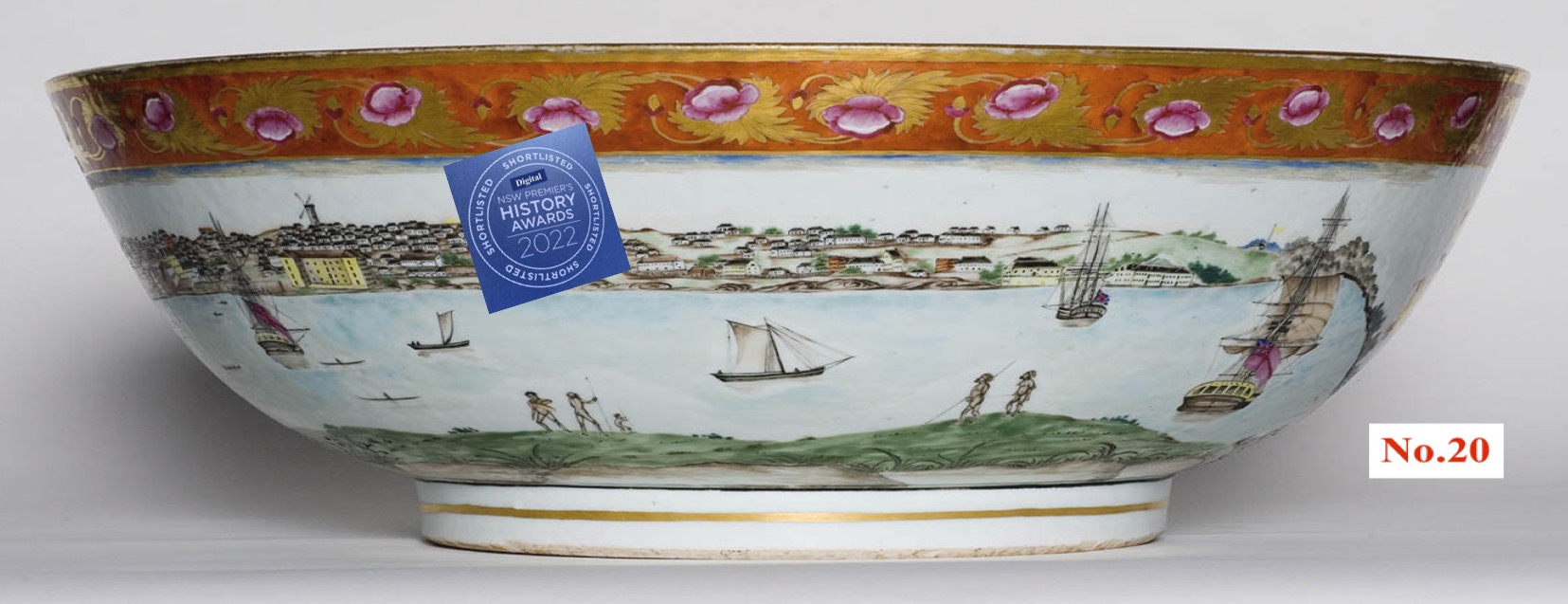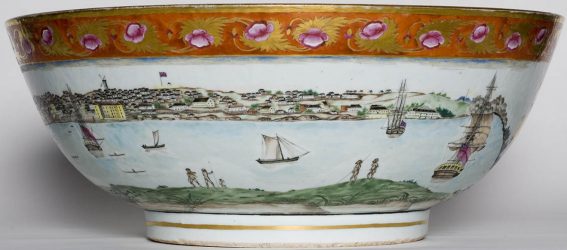The image of Chinese people toiling unremittingly with little or no time for leisure is as one-sided as the image of the inveterate gambler and habitual opium smoker. Music, tea-drinking and chatting among friends, perhaps while smoking cigars, were also likely sources of entertainment. Gambling and opium were also indulged in by Europeans, and opium was not only legal until the early 20th century but was an ample source of income for government.
Throughout the 1860s Chinese Opera and acrobatic troupes toured the Victorian goldfields attracting large audiences, including curious non-Chinese and in the Chinese camp at Cooktown in 1877, a crowd gathered every night to listen to music in a hall dedicated to that purpose. Generations later, regular dances sponsored by the Chinese Youth League in the 1930s and 1940s, with music supplied by the Chinese Masonic Society orchestra, were popular ways of spending leisure time in the Chinese community. Such dances only became possible when the numerical imbalance between the sexes finally disappeared. For many men in the 19th and early 20th century, whose family links may have been lost forever or who led a de facto bachelor life even when they had a wife and children in a south China village, leisure time often needed to be filled in other ways.
Two of the most common methods of filling the lack of family or possibly bringing about such a lack, were opium smoking and gambling. When one witness, for example, was asked why the old don’t go back to China replied: ‘Because they have no money. As a general rule their money has all gone in opium-smoking and gambling, and they have become too old to do anything to make any more.’
Various forms of gambling were popular among Chinese people, the most well-known being Fantan and Pak-a-pu. Fantan is a game played indoors on gaming tables while Pak-a-pu (or ‘pigeon catching) is a form of lottery based originally on 80 Chinese characters and is thought to be the basis of Keno. Other games were popular, such as dominoes and card playing, and some games may have been more popular with people from different districts or provinces.
Opium and gambling were also part of village life in China and according to some researchers, more likely to be present due to remittances from places such as Australia. The comparatively high level of disposable income that remittances gave to such families led to some of their members indulging in these activities. Analysis of the role of clan elite’s has also revealed that they attempted to gather some of the remittances by demanding money for ‘protection’ and controlling gambling, opium houses and prostitution. In the 1950s and 1960s Chinese people in NSW continued to have a reputation for being enthusiastic gamblers with many illegal venues operating in and around Sydney’s Dixon Street Chinatown for example.

